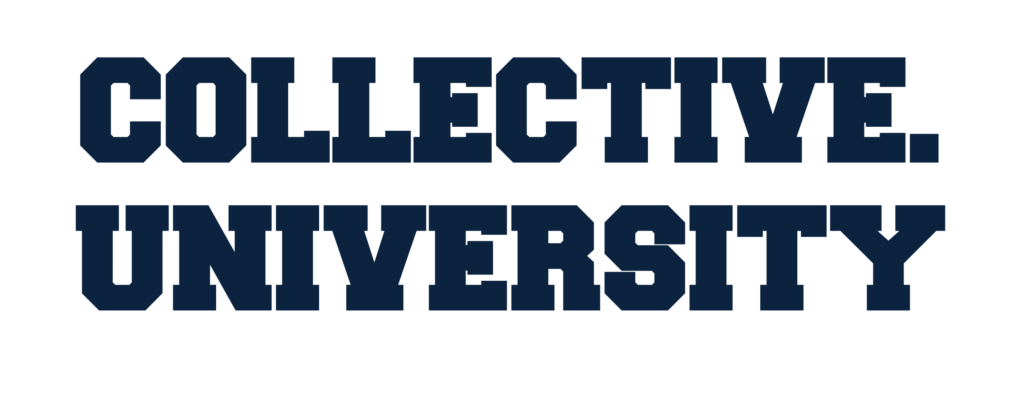There are various types of NIL deals or opportunities that college athletes can pursue to monetize their name, image, and likeness. Here are some common examples:
Endorsement Deals: Athletes can enter into endorsement agreements with companies or brands to promote their products or services. This can involve appearing in advertisements, social media campaigns, or other marketing materials.
Social Media Influencing: Athletes with a significant social media following can collaborate with brands to promote products or services through their social media platforms. This can include sponsored posts, product reviews, or brand mentions.
Autograph Signings: Athletes can participate in autograph signings or public appearances where they interact with fans, sign merchandise, and receive compensation for their time and signature.
Merchandise and Licensing: Athletes can create their own merchandise lines, such as apparel, accessories, or equipment, and sell them to their fans. They can also license their name, image, or likeness for use on various products.
Personal Branding: Athletes can build their personal brand and monetize it through opportunities like public speaking engagements, book deals, podcasts, or hosting events.
Camps and Clinics: Athletes can organize and host sports camps or clinics, where they provide coaching, training, and mentorship to aspiring athletes in exchange for a fee.
Content Creation: Athletes can create their own digital content, such as vlogs, podcasts, or YouTube channels, where they share insights, training tips, or behind-the-scenes footage. They can monetize their content through ad revenue, sponsorships, or Patreon-like platforms.
Local Business Partnerships: Athletes can partner with local businesses for promotional campaigns, appearances, or brand ambassador roles within their community.
These are just a few examples of the types of NIL deals that athletes can pursue. It’s worth noting that the specific opportunities available will depend on factors such as the athlete’s sport, popularity, marketability, and the regulations and guidelines set by the NCAA, state laws, and their respective institutions. It’s crucial for athletes to understand and comply with the applicable rules and seek appropriate advice to navigate NIL opportunities effectively.

